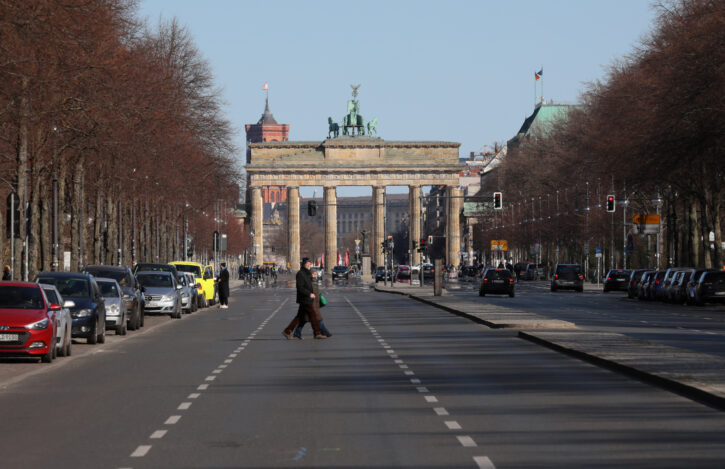
Bosnia and Herzegovina has been as of Wednesday included in the list of the countries whose lab tests proving the absence of SARS-CoV-2 virus will now be taken as valid in Germany, provided that the test was not taken more than 48 hours prior to the entry, Bosnian ambassador in Berlin Jadranka Winbow-Negodic told N1.
“We were officially notified today by Germany's competent authorities that the Robert Koch Institute has put Bosnia and Herzegovina on the list of the countries whose test will be accepted. The accredited labs in Bosnia and Herzegovina conduct the molecular-biological (PCR) tests and their results are recognised by the German authorities, provided that they were conducted not more than 48 hours prior to the entry to Germany,” said the ambassador.
“Indeed, it took a lot of effort and communication with competent bodies in Germany, and I am truly happy we have such result,” she added.
In a statement published on June 29, the Robert Koch Institute said the travellers entering Germany after spending 14 days or more in a country marked as a risk area can avoid the mandatory quarantine if they can prove they are not infected with the novel coronavirus.
“A country’s inclusion on the list is the result of a joint analysis and decision-making process by the Federal Ministry of Health, the Federal Foreign Office and the Federal Ministry of the Interior, Building and Community. If no test was conducted before your arrival in Germany, it is also possible to have yourself tested after entry,” said the institute.
The information comes a day after the Council of the European Union (EU) issued a recommendation for the gradual lifting of travel restrictions on non-essential travel to the EU from other countries, leaving Bosnia and Herzegovina out of the list of those states whose residents would be able to travel freely within the Union's borders as of July 1.
It was also said the recommendation was not legally binding and the authorities of the member states remain responsible for the implementation.
But, the decision of the EU institutions prompted the authorities in Bosnia and Herzegovina to keep the borders closed for the nationals of all Union's member states. Following a session of Bosnia's Council of Ministers on Tuesday, Chairman Zoran Tegeltija said the ministers unanimously agreed the borders would be closed for the EU member states’ nationals until further notice.
“I would like to express my dissatisfaction because Bosnia and Herzegovina was not among the countries whose nationals can enter the EU member states without any restrictions. We believe Bosnia and Herzegovina meet all the criteria,” he said.
According to Bosnian ambassador in Germany, there is an increasing interest in travels to Bosnia and Herzegovina both for the vacations or some family events. “We are facing many questions that people want to be answered directly and they ask the explanation why they are not allowed to enter Bosnia and Herzegovina. However, all countries are passing the decisions on their own epidemiological situations and we will have to respect the decision of the Council of Ministers. I expect the circumstances will change,” said Winbow-Negodic.




